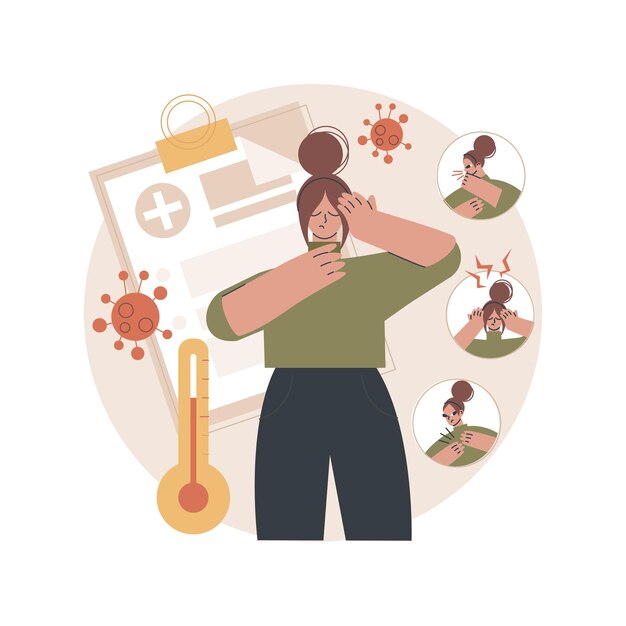United States – Autism, ADHD, and intellectual disability are not found to elevate among children who have been given acetaminophen by their mothers when they were in the womb, according to the largest study available on the subject.
Research Based on Over 2.4 million Children
The investigation was based on over 2.4 million children born in Sweden and included also not exposed to the drug siblings with birth before, we learned from researchers, as reported by HealthDay.
Comparison with Siblings
Siblings have genetics and upbringing in common, so researchers could pinpoint those other factors that could be responsible for autism, ADHD and developmental delays.
In the analysis, the scientists didn’t see a higher risk after comparing siblings who were exposed before they were born to brothers or sisters who weren’t exposed to acetaminophen, as reported by the Journal of the American Medical Association on April 9.
“This study’s findings may be welcome news for birthing people who use acetaminophen as a pain or fever management option, since there are few safe alternatives for relief available,” said co-senior author Renee Gardner, a principal researcher with Sweden’s Karolinska Institute.
Acetaminophen Use and Public Concerns
“We hope that our results provide reassurance to expectant parents when faced with the sometimes-fraught decision of whether to take these medications during pregnancy when suffering from pain or fever,” Gardner added.
Researchers have explained in the background notes that acetaminophen is the main substance in Tylenol and the pal of cold and flu formulations such as Theraflu, Excedrin, and Mucinex.
Pregnant women are being more apprehensive about taking acetaminophen these days than they did before.
In 2021, the international community of scientists and doctors recommended that pregnant women “minimize the exposure [to acetaminophen] using the lowest possible effective dose and the shortest period of time,” based on scientific evidence about the drug possibly contributing to the development of the neurological and developmental disorders of the children. They were able to publish a statement of their consensus in Nature Reviews Endocrinology journal.
The researchers analyzed the medical treatment given during pregnancies from 1995 to 2019 in Sweden for births that had happened during this period.

Children of fewer than 8% were exposed to acetaminophen during the pregnancy, researchers showed.
Additionally, after studying each child until they turned 26, researchers identified a rise in autism, ADHD, and intellectual disability; however, the increase was slight, and it affected the whole population.
The findings, however, did not reveal any increased risk for the siblings when compared.
Insights into Acetaminophen and Neurodevelopment
Scientists stated that the risk of developmental disorders found across other studies was due to factors other than acetaminophen, which was highly unlikely to have played a role, as reported by HealthDay.
“Our study and others suggest there are many different health and familial factors that are associated with both acetaminophen use and neurodevelopmental disorders,” co-senior author Brian Lee, an associate professor with the Drexel University School of Public Health, said in a Drexel news release. “Genetics likely play a role, but future work to elucidate this mechanism is crucial.”










Leave a Reply